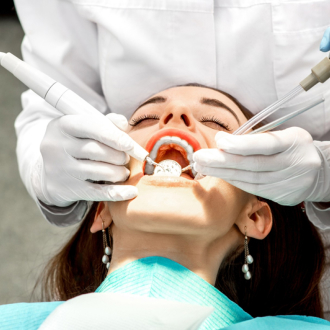
What is meant by Sedation Dentistry?
Sedation dentistry is the practice of administering sedatives to patients before and during dental procedures to reduce anxiety and make them more comfortable.Sedatives can range from mild sedatives like nitrous oxide (laughing gas) to more powerful sedatives like Valium or conscious sedation. The goal of sedation dentistry is to make the patient relaxed and comfortable during their dental appointment, allowing them to undergo their dental procedure without feeling any pain or discomfort.
Will I Benefit from Sedation Dentistry?
Sedation dentistry can benefit many people who suffer from dental anxiety. If you are afraid of going to the dentist or have a difficult time sitting through a dental procedure, sedation dentistry can help. It can also help those who have a sensitive gag reflex or need to have multiple procedures completed.
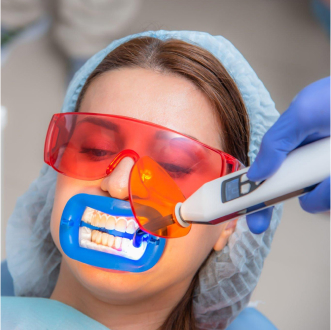
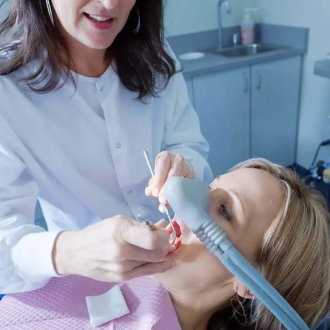
How does Sedation Work?
Sedation is a technique used to help patients relax and remain relaxed during medical procedures. Sedation is achieved through the use of medications that alter the patient's level of consciousness, allowing them to be more comfortable and less anxious during the procedure. Depending on the type of sedation used, the patient may be conscious and responsive, or may not remember the procedure.
Is it safe to get dental sedation treatments?
Yes, it is generally safe to receive dental sedation treatments. Many dentists use medications such as nitrous oxide (laughing gas) and oral sedatives to help patients relax during their dental treatment. However, it is important to discuss any potential risks and side effects with your dentist before receiving sedation treatments.
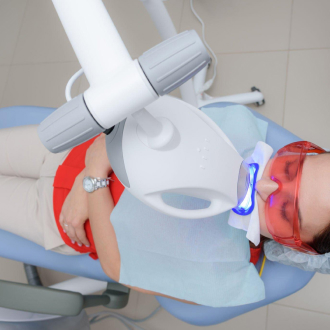
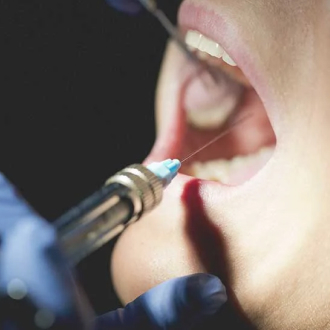
What are the side effects of sedation dental treatments?
Common side effects of sedation dentistry include: drowsiness, confusion, slurred speech, nausea, vomiting, headache, dry mouth, and sore throat. In some cases, people may have a brief period of amnesia following sedation. Less common side effects include low blood pressure and irregular heart rate.
Is dental sedation safe for children?
Yes, dental sedation is generally safe for children. However, it is important to consult with a pediatric dentist before deciding if sedation is the best option for your child's dental care. In some cases, sedation may be contraindicated and alternative methods of providing care may be necessary.
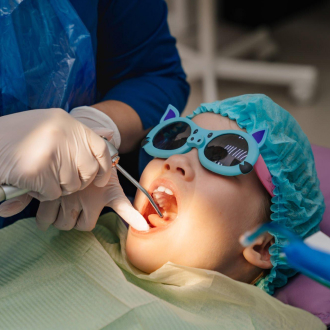
What are the different types of dental sedation?
- Inhaled Sedation
This type of sedation is administered through a face mask and involves the use of nitrous oxide, also known as laughing gas.
- Oral Sedation
Oral sedation involves taking a pill or liquid prior to the appointment. This type of sedation is usually mild and provides a relaxed feeling.
- Intravenous Sedation
Intravenous sedation, also known as IV sedation, is administered directly into the bloodstream and is more powerful than oral sedation.
- General Anesthesia
General anesthesia is a deep sedation that is administered through an IV. This type of sedation is used for more extensive and invasive procedures.
How long does the effect of oral sedation last?
-
The effects of oral sedation typically last for four to six hours.
How much will the oral sedation treatments cost?
The cost of oral sedation treatments will vary depending on the type of sedation used and the length of the treatment.



